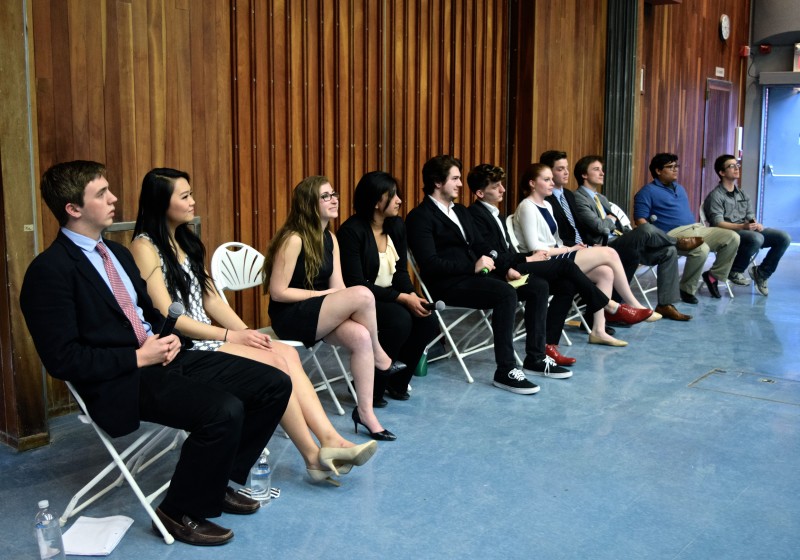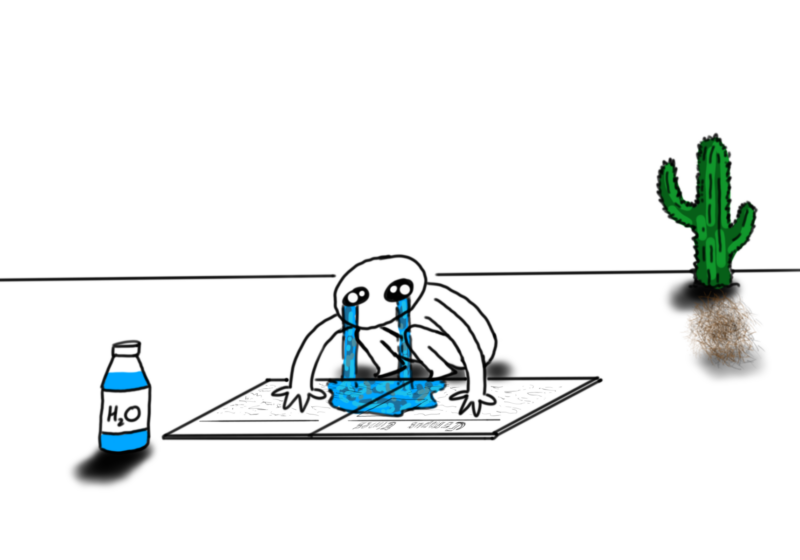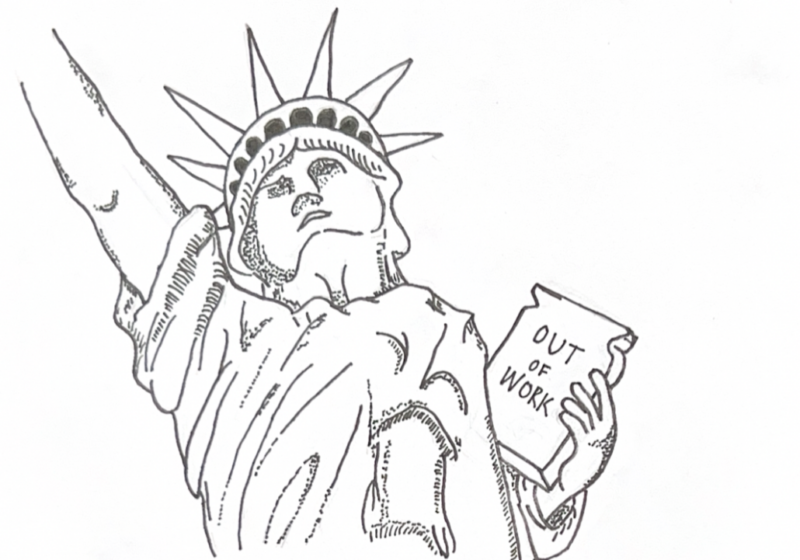Last night’s Students’ Association (SA) presidential debate, which featured five out of the six presidential candidates and all of the vice presidential candidates, brought little clarity to the largest election field in SA history. The wealth of candidates is an encouraging sign for the future of interest in student government. At this point, however, none of the candidates have distinguished themselves as frontrunners, and we left the debate with scant confidence in any of the tickets.
Coming into the debate, many expected that Erinmarie Byrnes and Dan Matthews, the most experienced ticket among the six running for office, to demonstrate their strengths and emerge as the clear favorites in a crowded field. But Byrnes and Matthews each faltered in their answers, with Byrnes in particular giving a seemingly tone-deaf answer to an audience question about racial issues on campus. When asked about her history of racial activism and how she plans to address racial issues in the future, she mentioned a paper she had written on the Yik Yak controversy on campus.
In contrast, Caleb Krieg and Nico Tavella spoke strongly and confidently, especially about race and gender issues. But their lack of executive or leadership experience on campus hinders their candidacy for the highest offices in SA Government. Krieg’s decision to resign his current position as SA Journalism Manager calls into question his pledge to continue in that area, should he not win the presidential election. Additionally, VP candidate Tavella’s ill-advised implication that past administrations did not care about students and their issues revealed a stunning lack of awareness of the excellent leadership demonstrated by 2014-2015 executives Antoinette Esce and David Stark—whom SA President Grant Dever and SA Vice President Melissa Holloway have cited before as a model for their administration, which Tavella was praising at the time.
Jake Bistrong and Lily Guo spoke with poise, but an early reference to the “political philosopher, 2 Chainz” smacked of a high school campaign. In the future, Bistrong would be better served by relaxing his tone and allowing Guo more of a chance to speak. Time after time the pair spoke in the first half of the debate, and most times Bistrong yielded mere seconds to his running mate. He seemed to be caught up in the pageantry of the event, his speech often verging on cinematic self-parody. This soured by the end of the debate. And, it was only amplified by his tendency to pontificate on the abstract. Guo, for her part, offered grounded answers, but peaked with her comment that she “gets shit done.”
Sofia Salen and Niru Murali spoke with a surfeit of accomplishments behind them, but exhibited a dearth of certainty going forward. Salen seemed unsure of her own positions on crucial campus issues, casting doubt onto her candidacy. Murali, though, commanded the floor, using a more purposeful presentation and clearer goals. In response to a question similar to the one posed to Byrnes, Salen’s answer seemed to substitute friendships with Black students for actual racial activism.
Lance Floto, without his running mate Vito Martino, held his ground, but failed to make a strong impression. Though Floto’s robust SA Appropriations Committee (SAAC) credentials and endorsement from that group are encouraging, his answers left us wanting more. Clearly, Floto would have benefited from Martino’s presence. That’s not to say that Martino is without his faults; his lack of SA experience is concerning. His other leadership positions, however, speak strongly to his skills. Floto represented the only ticket that was gaffe-free that night.
Lastly, former Campus Times News Editor Sam Passanisi and Ignacio Sanchez, the only pair with no SA experience at all, seemed out of their depth. Their good intentions notwithstanding, this team, based on Wednesday’s debate and the number of questions they fielded, doesn’t currently have a realistic shot at being elected. Both spoke earnestly, but lacked the presentation that every other ticket brought to the debate. Their points were nonspecific and not particularly memorable, and each stumbled over their words. The Editorial Board expected more from their debate performance.
Going forward, we would like to see greater decorum from some of the candidates. A few of the candidates have greatly misrepresented their resumes, inflating and twisting them to such a degree as to obscure the true nature of their student governmental involvement.
Additionally, the online bickering that led to Krieg’s resignation Wednesday night is unbecoming of student representatives, both active and campaigning.






